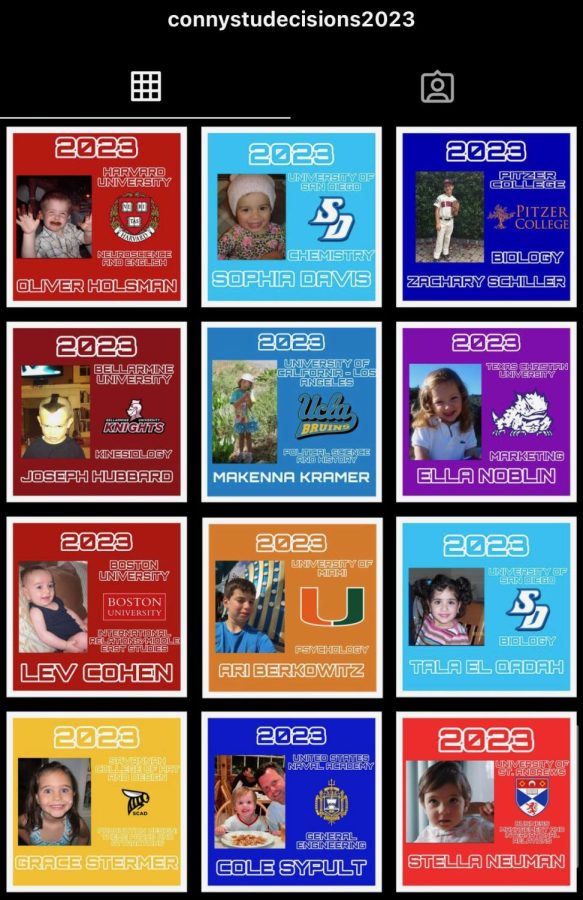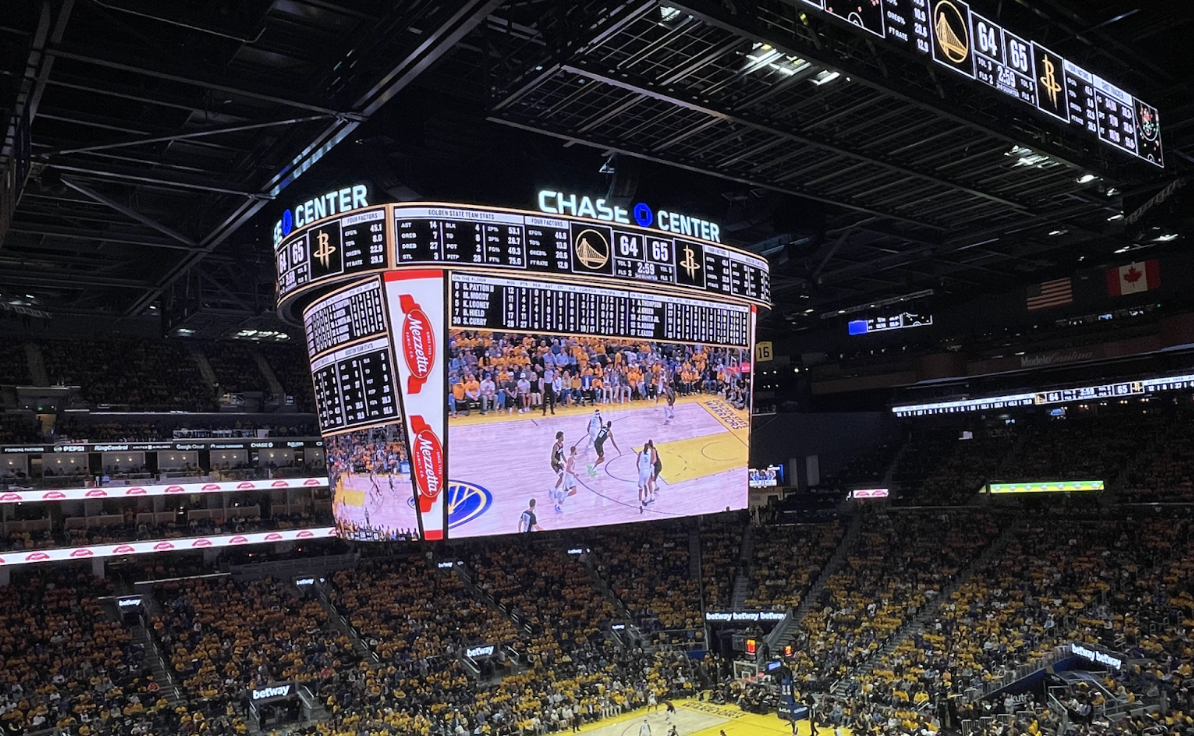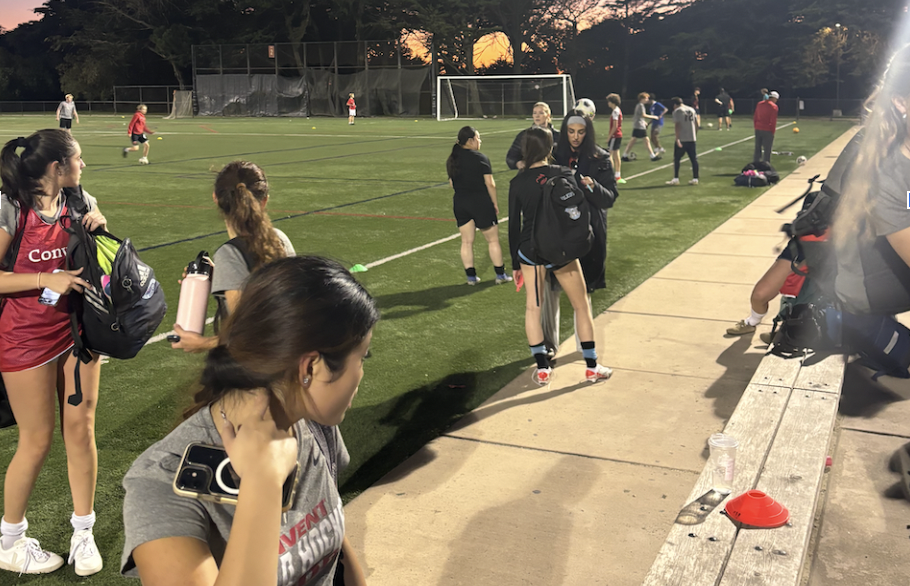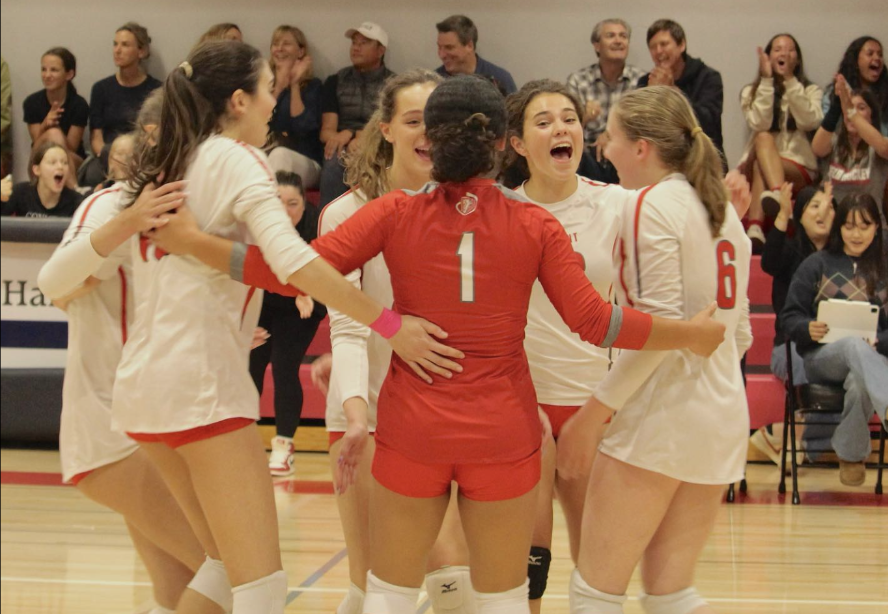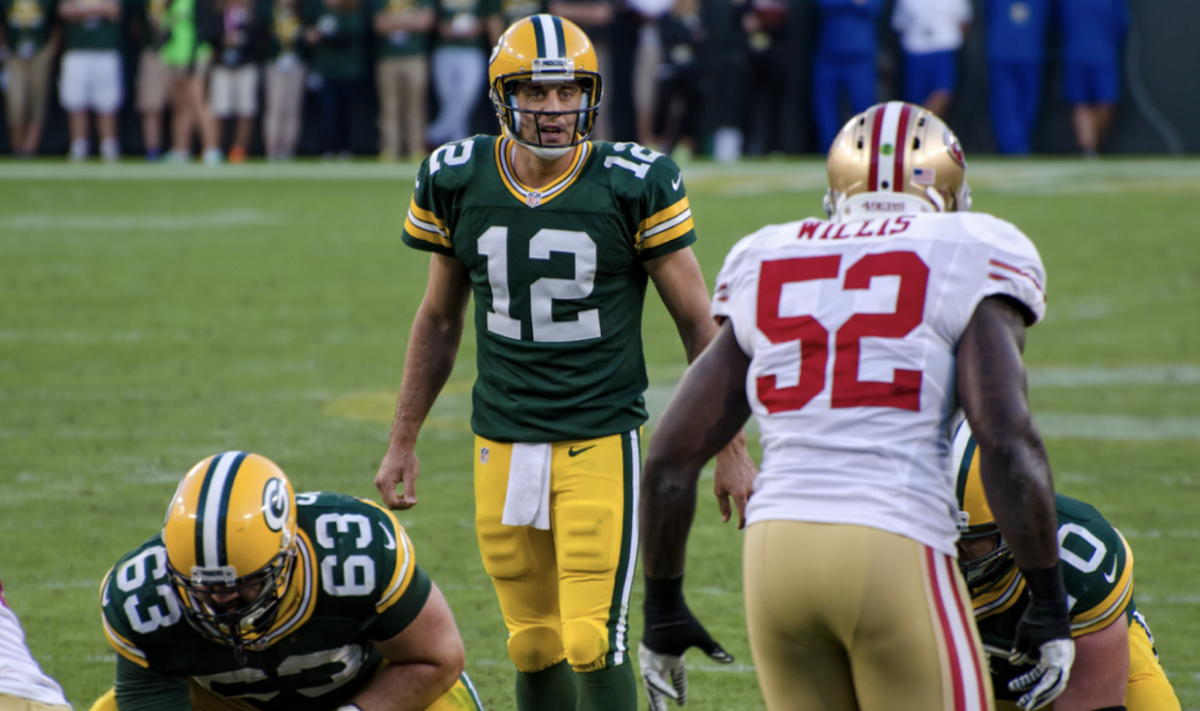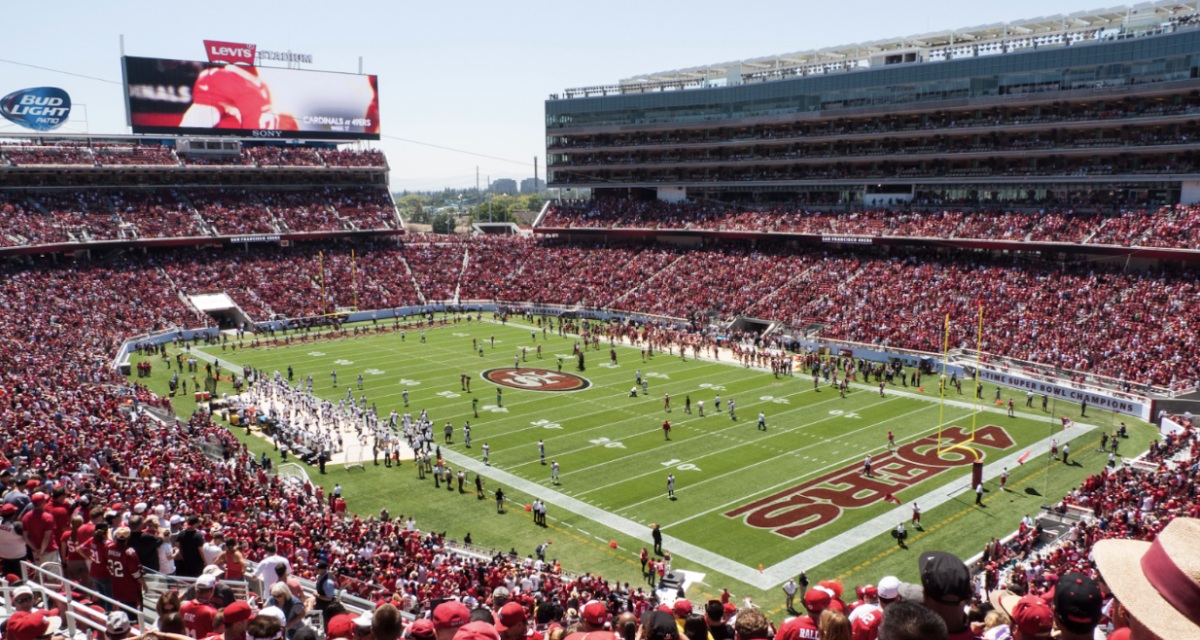Claire Fahy
Sports Editor
A day in the life of a student athlete entails waking up early and attending a full day of classes followed by training. Some athletes even fit in extra training before, during or after school, which can all take a physiological toll.

After a workout, students have exhausted their stores of crucial nutrients such as Vitamin B, calcium, sodium and zinc, some of which can be lost in sweat or consumed in metabolic processes of the muscles.
“During exercise, nutrients can be depleted especially if good nutrition is not practiced in the days leading up to a workout or competition,” Gatorade states on its website. “After exercise, muscle stores of carbohydrate need to be replenished, fluids need to be restored and protein is needed to repair muscles and get ready for the next day.”
Athletes require hydration and nutrients after working out, but attaining them from the wrong sources can be detrimental and counterproductive.
“Foods are so processed it can be hard to get the nutrients you need from them nowadays,” Dr. Oded Heresman, a local pediatrician said.
Electrolytes control and monitor the body’s hydration, acidity of the blood, and also affect muscle function. Muscle contraction is dependent upon potassium, magnesium and calcium.
According to Heresman, leafy green vegetables and nuts naturally contain potassium and magnesium, as well as sodium and chloride, which are lost in sweat. Fish and dairy are rich in Vitamin D and the electrolyte calcium. Eggs and beans are natural sources of protein, which can be used as fuel for muscles.
“Taking protein shakes is fine,” Heresman said, “but if you eat [protein from] real food, you are better off.”
Sports drinks and protein shakes, such as the ones marketed by Gatorade’s Pro Series, are a quick and easy solution to athletes’ needs, but can contain up to half of an adolescent’s recommended daily intake of sugar as well as be a source of unnecessary calories unless an athlete performs long and strenuous training each day, such as training for a long-distance run.
“The amount of sodium in sports drinks like Gatorade dehydrates you,” junior Jane Stephens, who runs cross-country said. “Instead, before a race I eat a whole wheat bagel and cream cheese, a Power Bar and some type of fruit for lunch. The bagel makes sure my energy level stays stable and the power bar is to keep me full because I can’t eat right before a race.”









